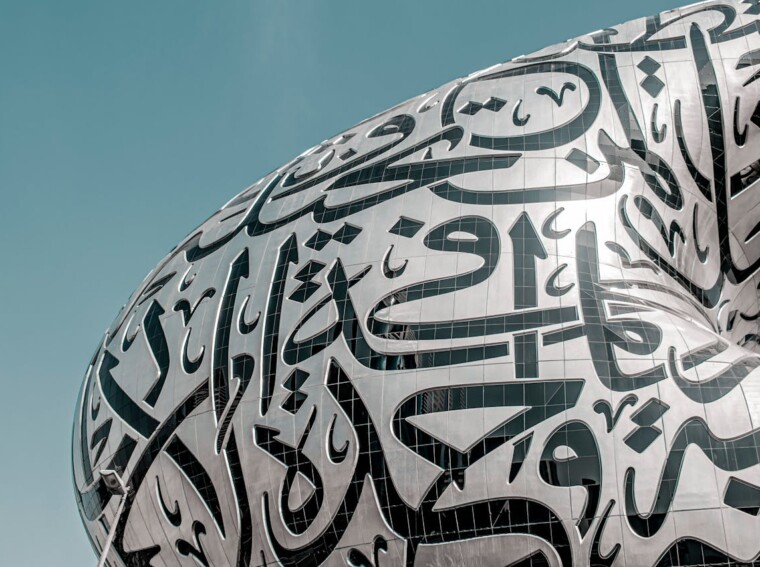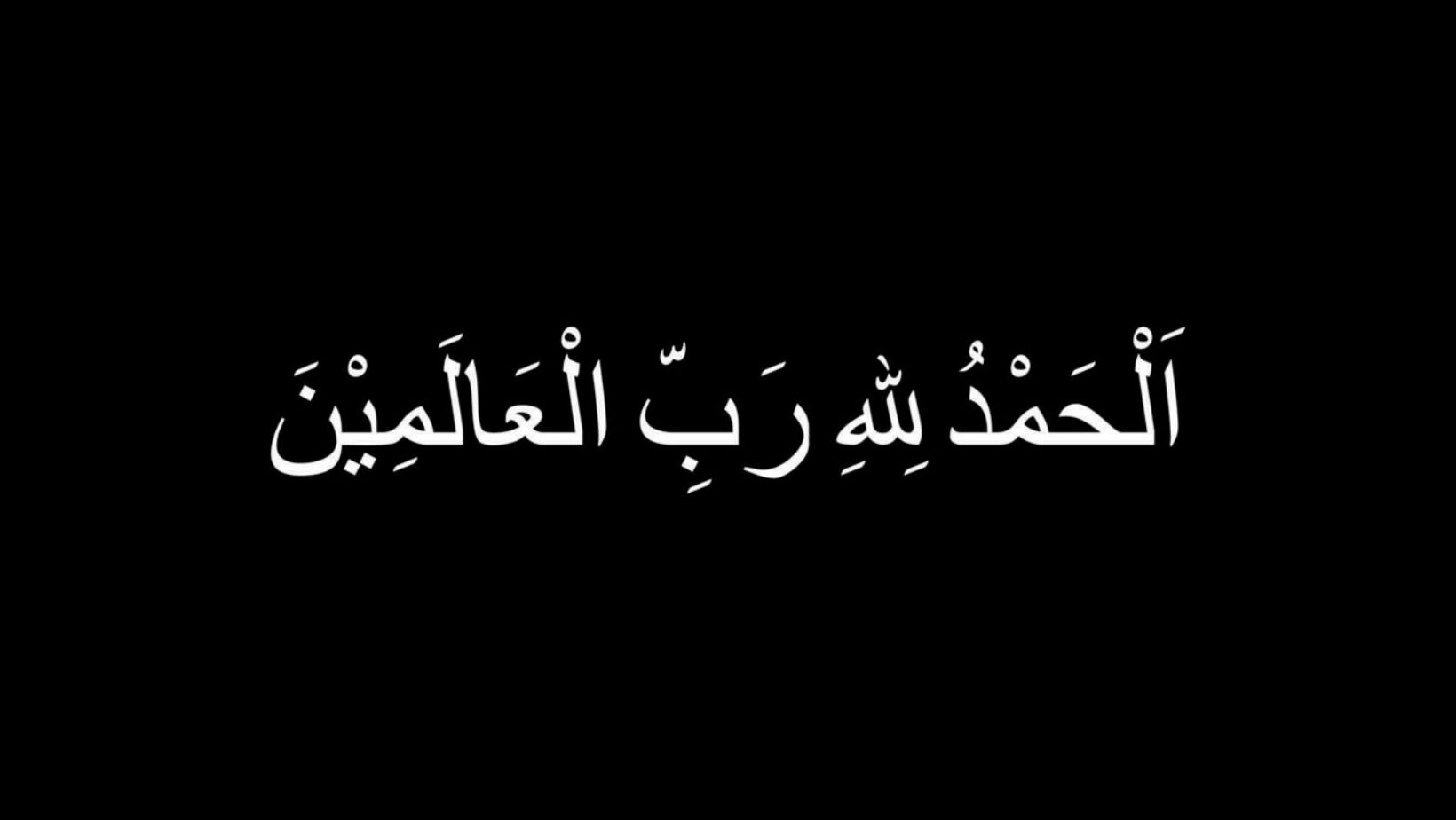Unraveling the mysteries of Arabic phrases can be a fascinating journey, especially when they carry profound meanings and spiritual connotations. One such phrase is “syafakillah syifaan ajilan syifaan la yughadiru badahu saqa”. While it may seem like a tongue twister to non-Arabic speakers, it’s a common invocation in the Muslim world, often uttered with deep reverence.
This phrase, rich in its spiritual essence, is often used to pray for someone’s quick recovery from illness. Despite its widespread use, its intricate meanings are not always fully understood. So, let’s embark on a journey to delve deeper into its significance and how it’s used in daily life.
Syafakillah Syifaan Ajilan Syifaan La Yughadiru Ba’dahu Saqaman Artinya
Delving into the translation, Syafakillah Syifaan Ajilan Syifaan La Yughadiru Ba’dahu Saqaman Artinya is an Arabic phrase typically recited as a supplication for health. In English, this powerful mantra translates to “May Allah heal you, an immediate recovery, a recovery that leaves no sickness behind.” Each distinct part of the mantra resonates with a devout reiteration of faith and healing.
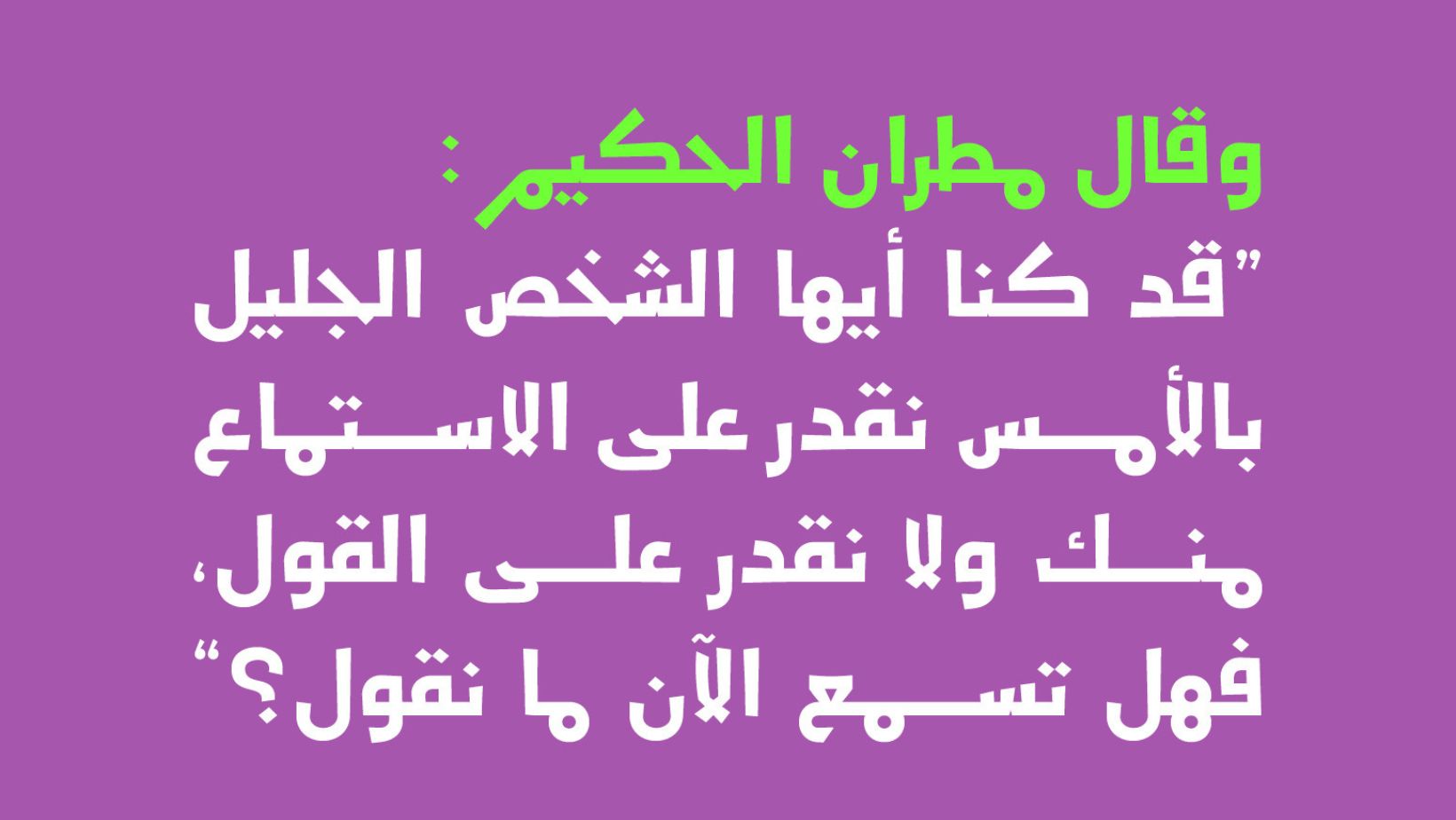 Analyzing the mantra bit by bit, “syafakillah” translates to “May Allah heal you.” It’s a term of solace; a well wisher’s gentle nod calling upon the divine for intervention. It denotes a direct and concise plea to the Great Healer for resuscitating health.
Analyzing the mantra bit by bit, “syafakillah” translates to “May Allah heal you.” It’s a term of solace; a well wisher’s gentle nod calling upon the divine for intervention. It denotes a direct and concise plea to the Great Healer for resuscitating health.
Moving forward, “syifaan ajilan” refers to an immediate recovery. The use of the word “ajilan” underpins urgency, reflecting the desire for rapid healing, quick relief from suffering.
Lastly, “syifaan la yughadiru badahu saqa” indicates a complete, lasting recovery that leaves no trace of illness. The phrase emphasizes the hope that the healing attained isn’t temporary or partial, but a comprehensive retreat from affliction, leaving the individual in optimal health.
Peeling back the layers of this phrase, we gain insight into its rich meaning and contextually applicative dimensions. This powerful mantra is often uttered with profound faith, accompanied by an unwavering belief in the power of healing. Far from a mere utterance, it serves as a testament to the thoughtful, compassionate spirit of the one saying it and reinforces their wish for the recipient’s wellness.
As we unpack the mantra, “syafakillah syifaan ajilan syifaan la yughadiru badahu saqa,” it unravels a heartfelt narrative of well wishes, faith, healing, and resilience. This brings us to the end of this section, leaving you to contemplate the profound depth behind these few words.
The Importance of The Phrase Syafakillah Syifaan Ajilan Syifaan La Yughadiru Ba’dahu Saqaman Artinya
The significance of this Arabic supplication extends beyond a simple well-wish. It bridges cultural gaps, contributes to psychological wellbeing, fosters unity, and encapsulates Islamic teachings.Bridging Cultural Gaps: This phrase transcends geographical confines, allowing Muslims across the globe to connect and empathize at a profound level. By uttering these powerful words, the speaker demonstrates a universal bond rooted in shared faith and compassion. For instance, when spoken in Indonesia, Saudi Arabia, or Pakistan, the sentiment remains identical — a deep-seated desire for the recipient’s health and wellbeing.
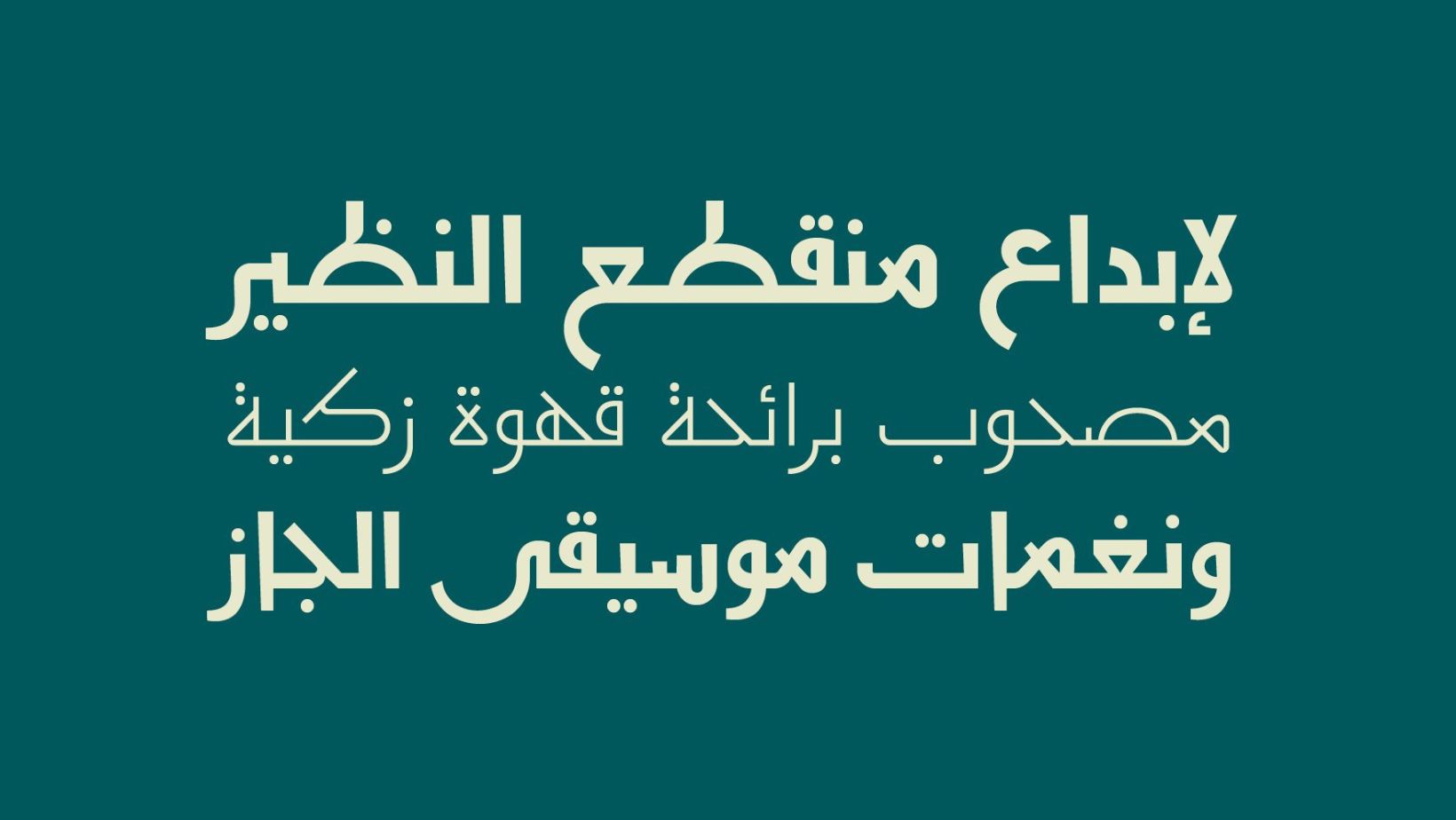
Contributing to Psychological Wellbeing: The saying plays a fundamental role in promoting psychological health. The speaker’s goodwill exhibits a sense of community and support, potentially lessening the psychological strain of health issues. On the recipient side, hearing the supplication often evokes a sense of peace, assurance, and positivity.
Fostering Unity: As a part of communal supplication, the phrase signifies unity and solidarity. The collective utterance of the supplication during times of illness or hardship exhibits communal unity, empowering individuals as part of a larger, supportive cohort.
Encapsulating Islamic Teachings: Lastly, the supplication epitomizes essential Islamic principles: compassion, reflection, and invocation of Divine intervention. Muslims believe in relying on God for their health and recovery, and this phrase clearly reflects this belief.
The phrase “syafakillah syifaan ajilan syifaan la yughadiru badahu saqa” constitutes more than a request for recovery. It’s a potent symbol of unity, spirituality, encouragement, and goodwill, holding immense relevance in the diverse communities of the Islamic world.
The Spiritual Impact of Syafakillah Syifaan Ajilan Syifaan La Yughadiru Ba’dahu Saqaman Artinya
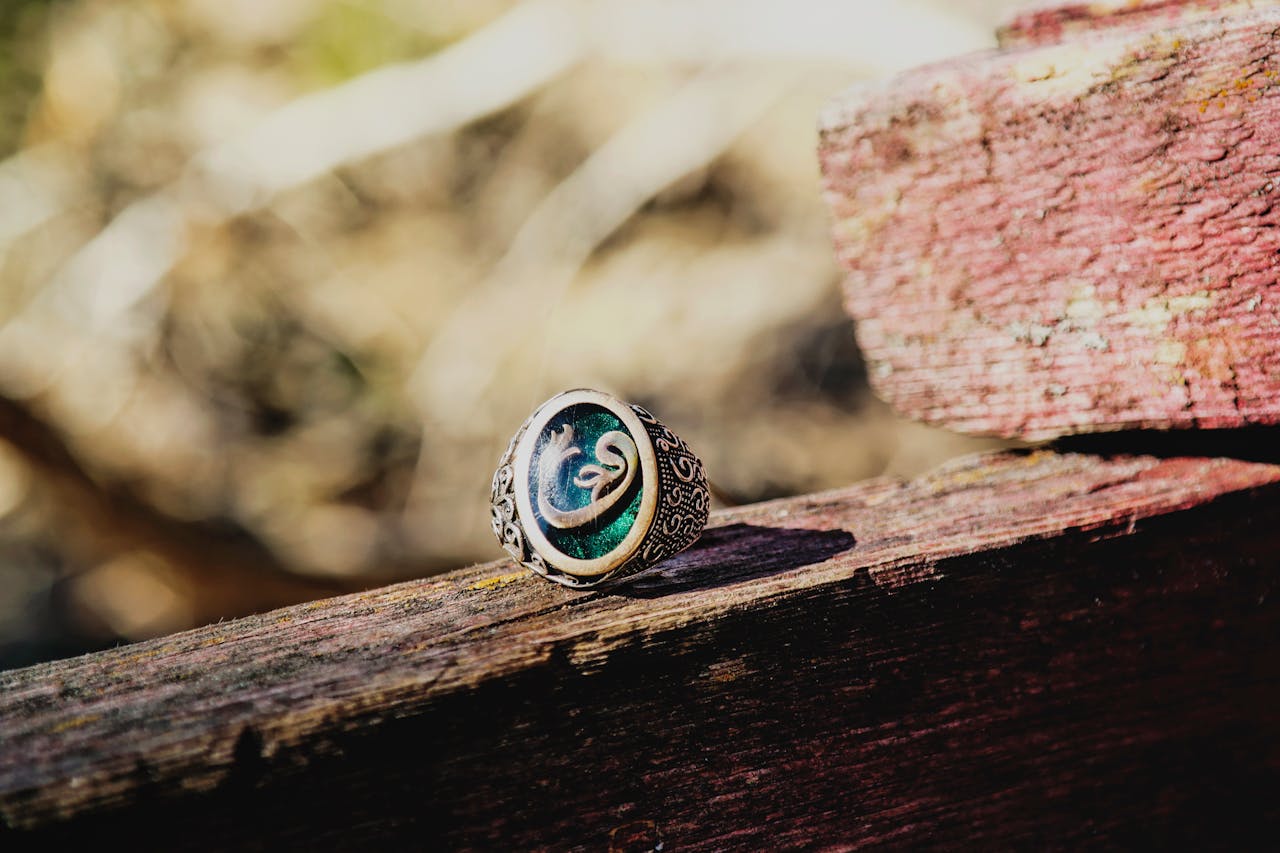 Pouring from the depth of Islamic spirituality, the impact of Syafakillah Syifaan Ajilan Syifaan La Yughadiru Ba’dahu Saqaman Artinya extends beyond its remarkable function as a plea for healing. It touches the apex of spiritual synergies, carving its influence on both individual and communal levels.
Pouring from the depth of Islamic spirituality, the impact of Syafakillah Syifaan Ajilan Syifaan La Yughadiru Ba’dahu Saqaman Artinya extends beyond its remarkable function as a plea for healing. It touches the apex of spiritual synergies, carving its influence on both individual and communal levels.
For individuals, uttering this supplication, pledges an unbroken alliance with faith, acting as a spiritual elixir. It’s a means of introspection, transforming burdens into opportunities of spiritual growth. Studies from credible institutions, such as Harvard’s Divinity School, validate the powerful role such practices play in personal spiritual development, enhancing resilience and promoting spiritual well-being.
In communal settings, the supplication takes on an extended role, knitting Muslims into a tapestry of shared vulnerability and faith. This communal aspect of the supplication lays the foundation for empathy, transparency, and solidarity. Echoing the role of communal prayer identified by the Pew Research Center, this supplication fosters an environment where support, unity, and common purpose thrive.
Promotion of Higher Values
Through this supplication, a practitioner actively perpetuates the virtues epitomizing the core of Islamic teachings such as compassion, patience, and humility. It brings to light the higher values that every Muslim aspires to embody, reinforcing them through its frequent recitation.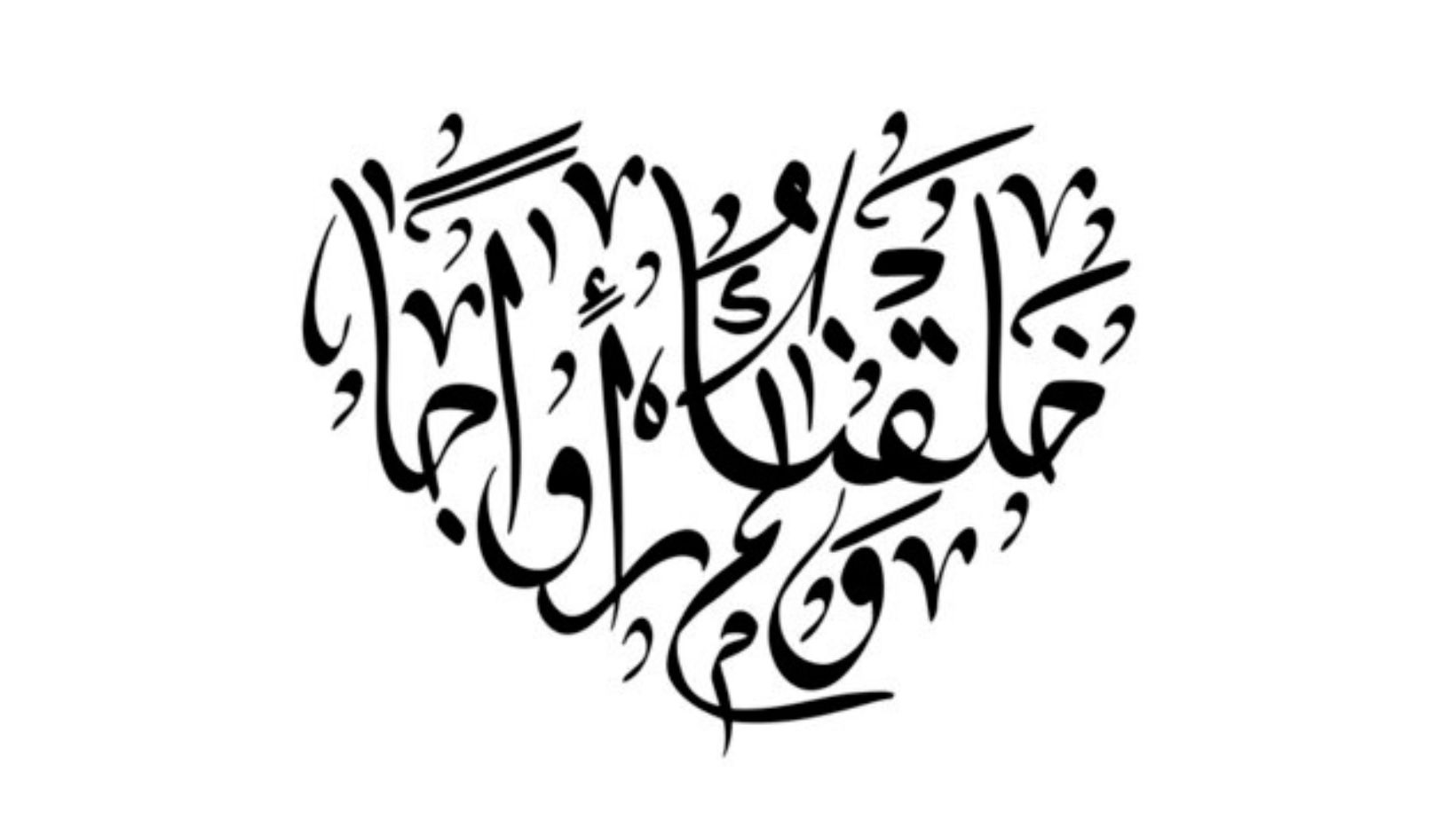
Instilling Hope and Comfort
Lastly, the supplication serves as a beacon of hope and comfort. Amidst struggles and pain, it bolsters confidence in divine providence. It nurtures a spiritual resilience, fostering a sense of serenity in the face of life’s trials, aligning with findings from a seminal study in the Journal of Spiritual and Religious Social Work.
In essence, the spiritual impact of Syafakillah Syifaan Ajilan Syifaan La Yughadiru Ba’dahu Saqaman Artinya reverberates through various facets of life, promoting personal growth, communal unity, practicing higher values, and instilling hope. Its echoes extend far beyond what meets the eye, weaving a pattern of spiritual fortitude in the grand tapestry of a practitioner’s journey.
Interpreting Syafakillah Syifaan Ajilan Syifaan La Yughadiru Ba’dahu Saqaman Artinya in Different Cultures
The supplication “syafakillah syifaan ajilan syifaan la yughadiru badhu saqa” holds profuse significance within the Islamic population. However, interpretations vary across cultures, often being shaped by contextual traditions and local religious practices.
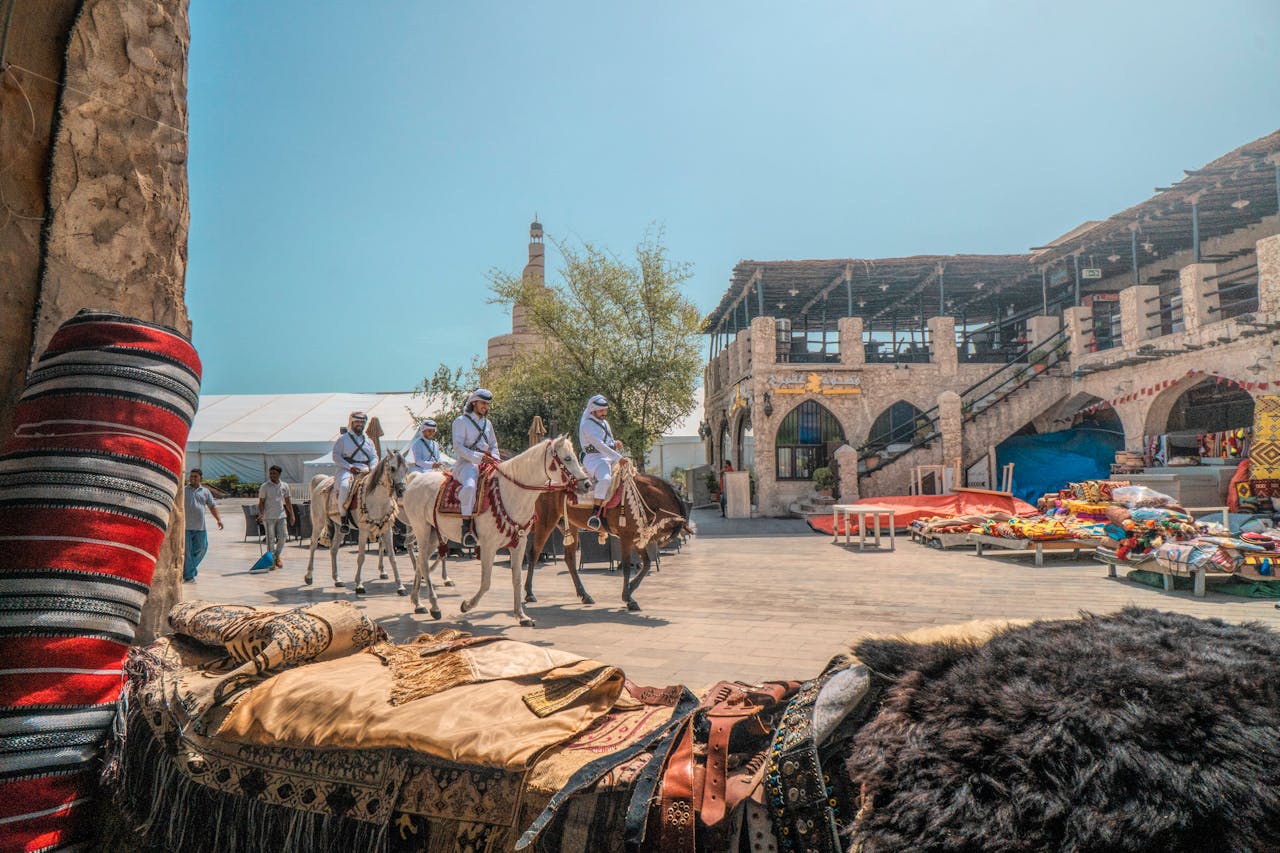 In Indonesian culture, this prayer is widely used to express empathy and hope for speedy recovery. A Pew Research Center study corroborates that in Indonesia, known for its strong communal ties, such a prayer prophesies fast healing without leaving any ailment behind. In this island nation, cultural traditions amplify its impact, strengthening societal bonds.
In Indonesian culture, this prayer is widely used to express empathy and hope for speedy recovery. A Pew Research Center study corroborates that in Indonesia, known for its strong communal ties, such a prayer prophesies fast healing without leaving any ailment behind. In this island nation, cultural traditions amplify its impact, strengthening societal bonds.
Move to Pakistani culture, and you’ll see another inviting environment for this supplication. A study by the University of Sargodha attests that Pakistanis frequently use it in their daily prayers, especially when they learn about someone’s ill-health. This diversified usage of the prayer in Pakistan accentuates its essential role in fostering a sense of unity and encouragement within the community.
Transition to the African subcontinent, and it’s in the Somali culture where this supplication gains a distinct interpretation. As claimed in a study by the University of Minnesota, it anchors their societal fabric and accommodates their pastoral lifestyle. For the Somali people, the prayer doesn’t just associate with quick healing but also with resilience to withstand hardships.
Finally, pay a visit to Arab Bedouin tribes, and witness a culture thriving on this supplication. Research by Tel Aviv University illustrates how integral it is to their nomadic lifestyle. They often use it as a protective charm against health adversities. Despite the harsh living conditions, the prayer is a beacon of strength, fostering fortitude among the community members.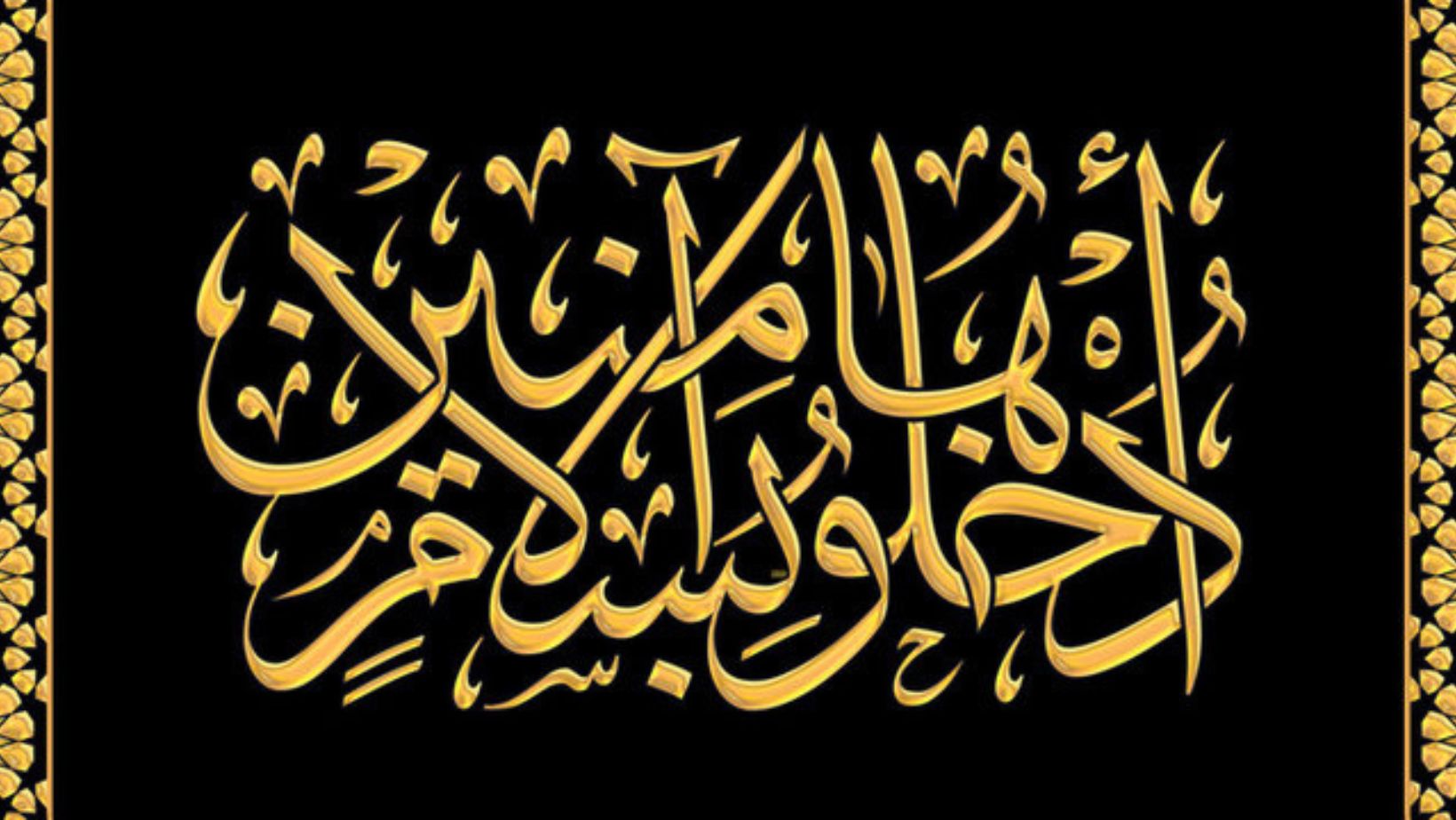
Through these differing cultural interpretations, the universality and flexibility of “syafakillah syifaan ajilan syifaan la yughadiru badahu saqa” radiate. This dynamic interpretation showcases its robustness, a cornerstone of Islamic spirituality. It thereby binds diverse Muslim communities under a unified spiritual umbrella, irrespective of geographical location. Embodied in various practices, it evolves while preserving its fundamental essence: the desire for the complete and swift recovery of those ailing.
Synergizing Modern Medicine with Syafakillah Syifaan Ajilan Syifaan La Yughadiru Ba’dahu Saqaman Artinya
In the contemporary world, Syafakillah Syifaan Ajilan Syifaan La Yughadiru Ba’dahu Saqaman Artinya harmonizes with medicinal practices. It’s observed frequently in Muslim communities where the spiritual prayer aids conventional treatments. In this context, the prayer acts as a support system, offering psychological comfort to the patients.
Research, such as a study conducted by the University of Sheffield in 2017, validates the role of spirituality and belief in the healing process, bolstering the body’s physical responses to treatment. It’s notable that the ‘Syafakillah Syifaan Ajilan Syifaan La Yughadiru Badahu Saqa’ supplication, by fostering peace and resilience, contributes to this process.
In Indonesia, the blend of modern medicine and this religious supplication is evident in public health infrastructure. Hospitals incorporate prayer spaces, and it’s common practice to recite ‘Syafakillah Syifaan Ajilan Syifaan La Yughadiru Badahu Saqa’ to soothe patients.
Somalia showcases a similar pattern, with traditional medicine often supplemented by prayers such as ‘Syafakillah Syifaan Ajilan Syifaan La Yughadiru Badahu Saqa.’ The supplication, indicative of divine healing, complements medical intervention. It enhances patient morale, reinforcing their faith and endurance during the healing process.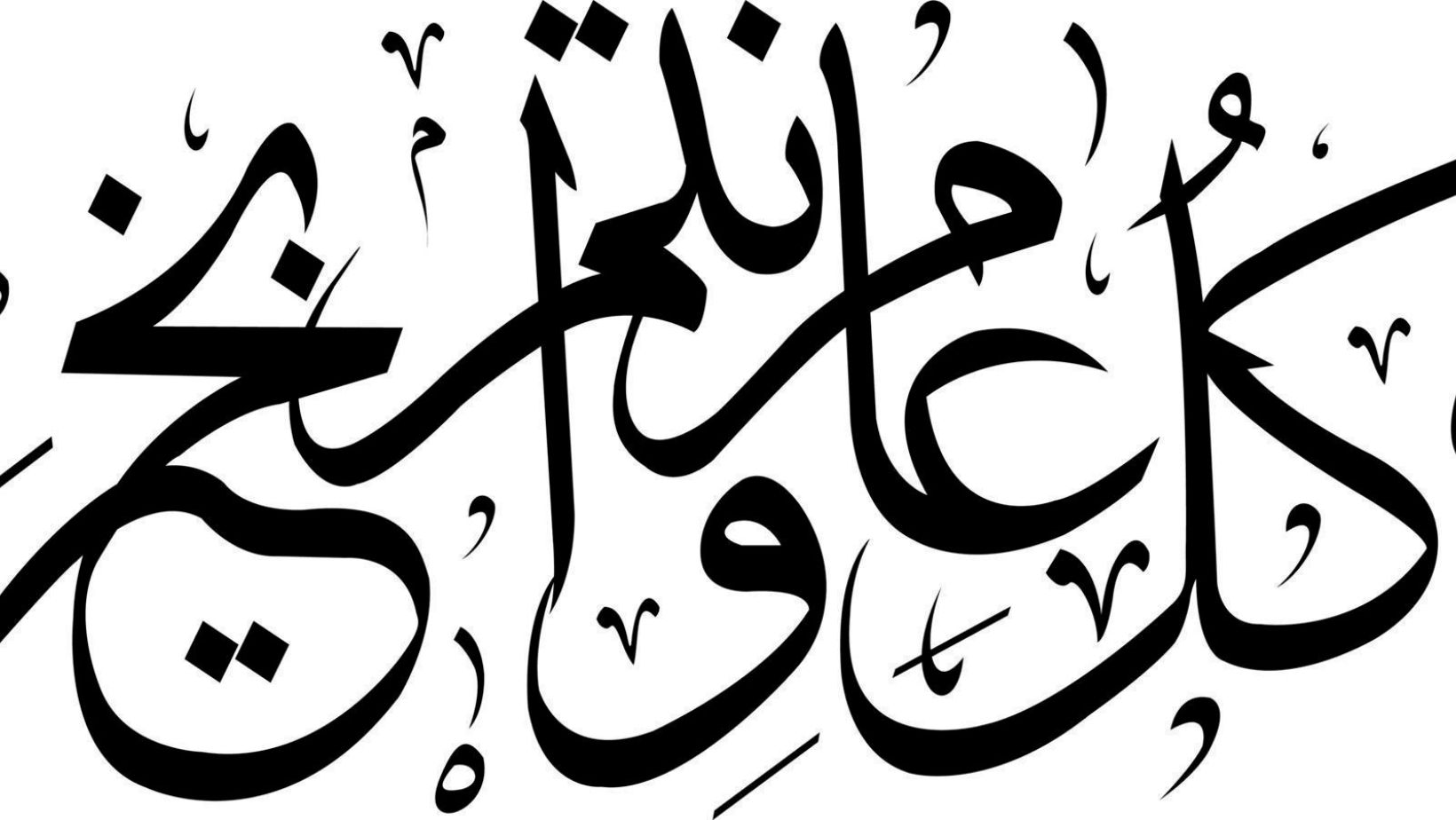
In the realm of modern medicine, the ‘Syafakillah Syifaan Ajilan Syifaan La Yughadiru Badahu Saqa’ supplication holds relevance due to its perceived spiritual beneficence. As evidenced in Pakistan, Muslim patients often cite this prayer in clinical settings, adding a layer of spiritual healing to the physical treatment. Arab Bedouin tribes, known for their ties to ancient healing practices, exemplify this fusion of spirituality and medicine. The tribes maintain the practice of intoning ‘Syafakillah Syifaan Ajilan Syifaan La Yughadiru Badahu Saqa’ while administering herbal remedies.
